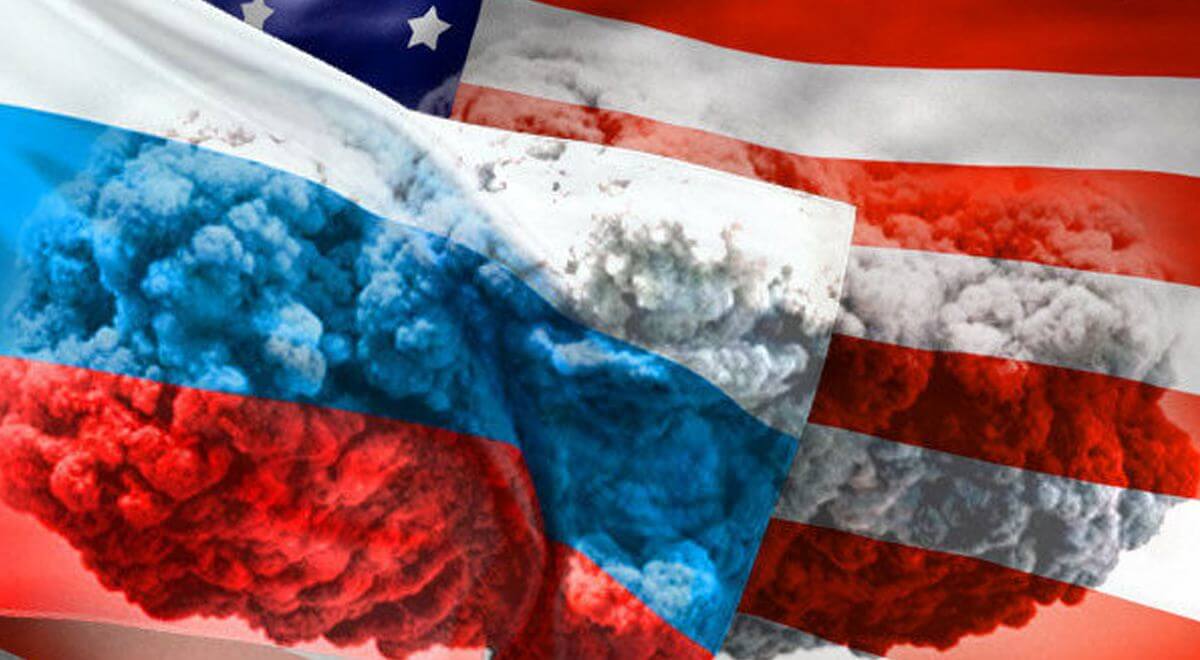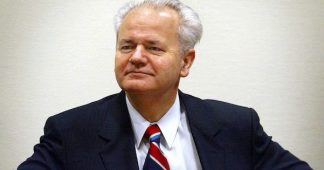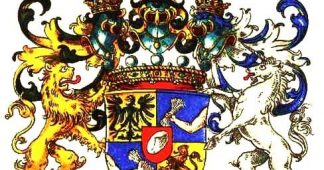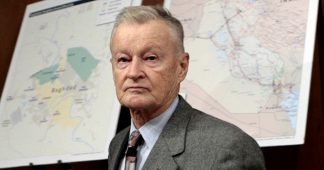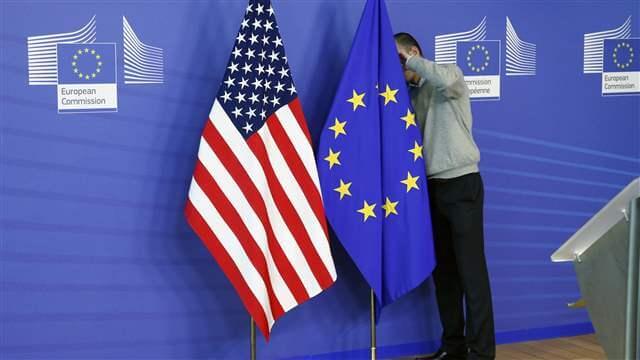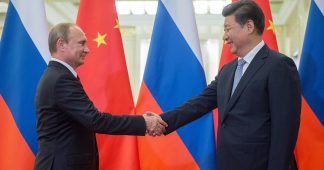Italian Prime Minister Matteo Renzi was the only western leader attending the St. Petersburg International Economic Forum. Some events are not accidental, especially if they are followed by far-reaching consequences.
While Renzi was at the forum, he didn’t want to appear cold or remain in the frame of the usual European understatement. On the contrary, he was very friendly with the Russian President, like with his old friend that he has no disagreements with.
Observers who are well familiar with serious diplomatic, political, military and economic problems dividing both countries felt sort of a cognitive dissonance at the Italian Prime Minister’s behavior at the St. Petersburg Forum. Nobody could believe his eyes or ears, being amazed at Renzi’s rhetoric that went far beyond the common courtesy and consideration, required in this case.
Have we witnessed a change in Italian strategy – the country that always remained a very active and obedient NATO member – towards Russia? Things, of cause, haven’t come to that. However, no crucial issue from the package of so-called Russian threats to the European security has been the subject of discussion in St. Petersburg. Although Vladimir Putin said some critical things about western stereotypes in this respect, his Italian colleague carefully and demonstratively avoided this topic.
Meanwhile, the entire situation is not so simple and unambiguous. It’s true, that Matteo Renzi said more words, took more time and effort specifically to criticize economic sanctions, imposed by the EU on Russia, rather than on their justification. This, actually, plunged the observers in an extremely perplexed state. It seemed that the head of the Italian Cabinet of Ministers was about to announce in St. Petersburg that his country questioned the need for extending sanctions. He also intended to raise this issue at the next summit of Heads of State and Government of the European Union. Instantly, it was presumed that Italy was preparing a big surprise for its EU partners in Brussels. People believed that they should wait for a while, and then they would see how Renzi refused to extend sanctions on Russia.
The Italian Prime Minister brought to St. Petersburg some proposals on cooperation with Russia that had been prepared beforehand. He remembered the growing protests of the Italian public opinion, especially all employers, against sanctions. This means that in St. Petersburg Matteo Renzi played a role of a leader, who was in harmony with the attitudes in his own country, and who was striving to consider them in his policy.
But, unfortunately, when the Prime Minister of Italy returned to Rome and then arrived in Brussels, he put on the same old attire of a disciplined executor of the “collective will” of the West that was dictated by Washington. Not a muscle moved when he was signing off on the extension of sanctions against Moscow for another six months.
There is no doubt that Vladimir Putin was not surprised neither by the role that Matteo Renzi played in St. Petersburg nor by his role in Brussels. However, as is well known, Russian President is an excellent chess player, who knows that even a move with the pawn, where relevant, can decide a game. Renzi is not a Russophobe – this is in itself a good outcome, and for the rest we’ll see. Apparently, this was Vladimir Putin’s reasoning, when he praised his Italian partner in public. “Italy can be proud of its Prime Minister,” – he told Fareed Zakaria, the American moderator of the plenary session with the heads of Italy, Kazakhstan, and Russia. According to Vladimir Putin, in addition to that Renzi is an “outstanding public speaker”.
It has to be said that this compliment is like a double-edged sword. The fact is that Renzi’s further political career depends on a number of factors. His government should urgently find allies before the constitutional referendum takes place this fall. This referendum is in many ways similar to the Brexit game of chance. Cameron has already played it, and that has led to his resignation from the post of the Head of the British Cabinet of Ministers. For Renzi, the autumn referendum may become a Rexit. This may explain his Russian game. It can be exceptionally useful to show friendly feelings towards Russians in Italy, as the country has been increasingly critical of Europe.
In St. Petersburg Matteo Renzi played a role of a leader, who was in harmony with the attitudes in his own country, and who was striving to consider them in his policy
Russian President is an excellent chess player, who knows that even a move with the pawn, where relevant, can decide a game. Renzi is not a Russophobe – this is in itself a good outcome, and for the rest we’ll see.
I try to explain to people, how they are manipulated in the era of “global deceit”.
I dream of making television that will be a real alternative to Western mainstream media.
The threat of a new world war that will become the last one for us. Unfortunately, I feel that this threat gets worse each day.
I’d like to argue with all political leaders, who continue to speak about “economic growth”, thus deceiving their people.
First of all, respecting other people. Secondly, keeping my own independence, which in this case is a synonym of freedom.
I have no regrets. I am a happy and lucky person.
Giulietto Chiesa is one of the best known Italian journalists. He was Moscow correspondent for twenty years for “L’Unità” and “La Stampa”. He worked with all major Italian television channels, from the TG1 to TG3 and TG5 and is currently political analyst for major Russian television channels. He is the only Italian journalist to be repeatedly mentioned in the autobiography of Mikhail Gorbachev, whom he has repeatedly interviewed. He writes a blog for “Il Fatto Quotidiano”. His own blog is http://www.megachip.info/ . He is founder and director of Pandoratv.it web tv. An expert in international politics and communications scholar, he founded the political-cultural movement “Alternativa”. Among his credits there are some best-sellers such as “Endless War”, “Superclan” (with Marcello Villari), “Barack Obush” (with Pino Cabras) and the movie “Zero, an inquiry into 9/11”. He is one of the initiators of Sofia Club and of the Delphi Inititative. His new book, “Putinophobia” is to come out simultaneously in France, where the author was invited as a guest at the Paris Book Fair, and in Russia.
